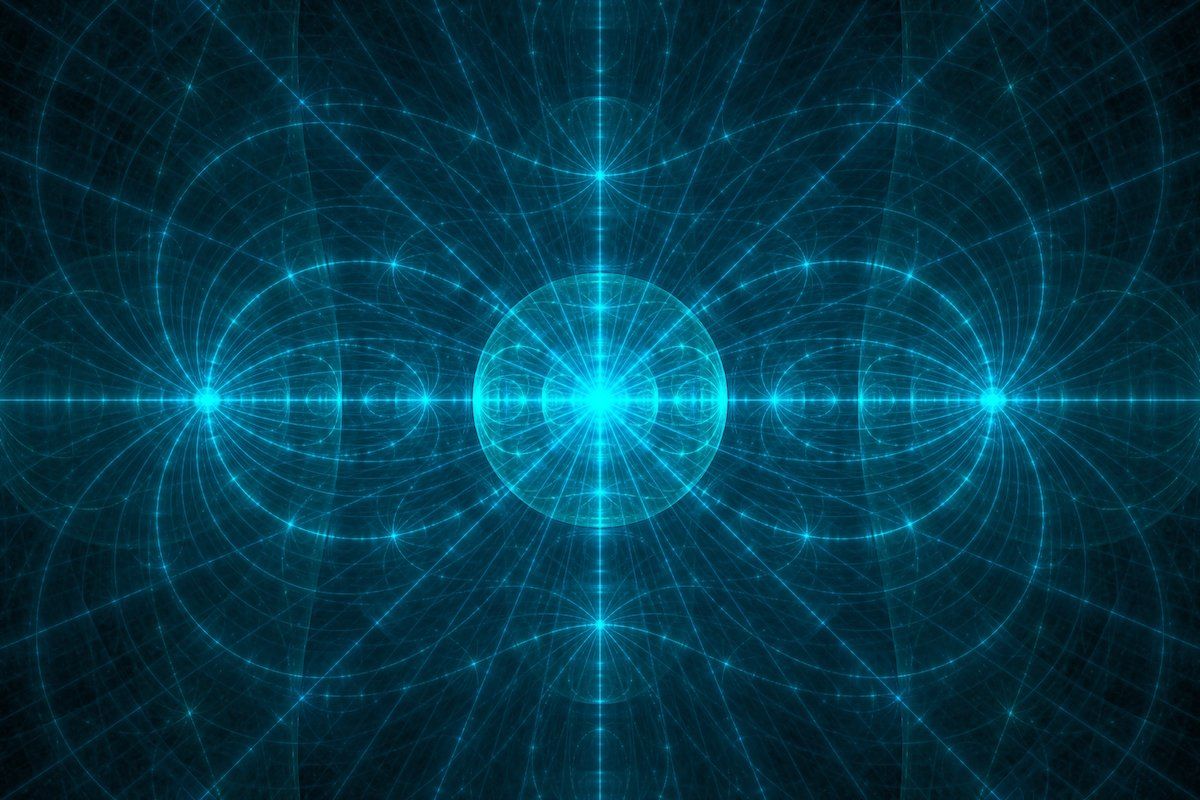Energy Psychology and the Definition of Mind: Why should you care?
“What is the mind?” This is a fundamental question that all practitioners of energy psychology need to answer.

For that matter, anyone engaged in the business of helping people with emotional problems should answer this question. How you answer the question has a major impact on how you behave as a therapist or coach.
The definition of mind I use
Here is the definition I use – it is adapted from Dr. Dan Siegel and interpersonal neurobiology.
The Mind is an emergent, self-organizing process that arises as a fundamental property of the system of energy and information flow that is created in the body and in interactions with others and our environment. This emergent process then shapes energy and information flow across time.
The missing link
This definition has supplied the “missing link” in what I do, how I understand what I do and what most of us do with energy psychology. In fact, it allows us to create very effective bridges to most of the rest of psychotherapy, mindfulness, meditation and other consciousness-altering practices, and energy medicine. It allows us to frame our work within an individual’s mind-body system, a couples system, a family’s system or a cultural system. How does it do this?
First we need to ask, when do people develop psychological problems? The answer – when the functional flow of energy and information becomes dysfunctional. What we mean by functional or dysfunctional is beyond the scope of this blog, as is the question of how the flow moves from functional to dysfunctional. Like the proverbial blind men and the elephant, there are many different answers to these questions, often based on the school of thought or therapy to which one belongs.
Energy practices adjust the flow of energy and information
The interesting thing about energy psychology and energy medicine is that they are among the few approaches that explicitly attempt to adjust the flow of energy along with information. Consider Emotional Freedom Techniques or Thought Field Therapy for a moment. We ask our clients to adjust the flow of information by shifting attention to a target problem. Then the client taps on meridian points, adjusting the flow of energy while attuned to that specific information, thus creating an interaction effect or harmonic. The client’s SUDS drops from 8 to 0. Now when the client calls up the memory of the problem, the other information or energy that flows with it is altered. Somehow what emerges out of the system no longer includes heart pounding, fear, self-loathing and so on.
Interaction effects
As we move into larger contexts/systems we discover interaction effects. For instance, as part of a couple my energy system and flow interacts with my partner’s and vice versa. My thoughts, words, expectations and actions impact upon my partner’s and vice versa. We can work on gender differences such as described in Men are from Mars Women Are from Venus. We can also work on energy differences between partners. See Eden and Feinstein’s book, The Energies of Love. We can also expand this exploration to the cultural level, but that would require much more space than I have here.
What you can say when people ask you what you do
If you want to sound very authoritative when people ask what you do as a an energy psychology practitioner you can say – I help people adjust the flow of information and energy so that their systems are more functional. The result is that they can lead happier, healthier and more productive lives.
Learn more
Want to learn more about how energy psychology can help increase the flow of energy and information in your clients? Check out the ACEP training catalogue!
Author
Robert Schwarz, PsyD, DCEP has been a licensed psychologist for over 33 years. He serves as ACEP's executive director. Bob has trained therapists internationally on trauma treatment, panic and anxiety, energy psychology. He has organized over 25 conferences on energy psychology trauma treatment, Ericksonian hypnosis, brief therapy, that trained over 18,000 therapists. He has authored 3 books, including: Tools for Transforming Trauma, PTSD: A Clinician’s Guide and We’re No Fun Anymore: Guiding Couples to a Joy Filled Marriage Through the Power of Play, as well as numerous articles and papers including "Energy psychology as a polyvagal intervention for trauma."



